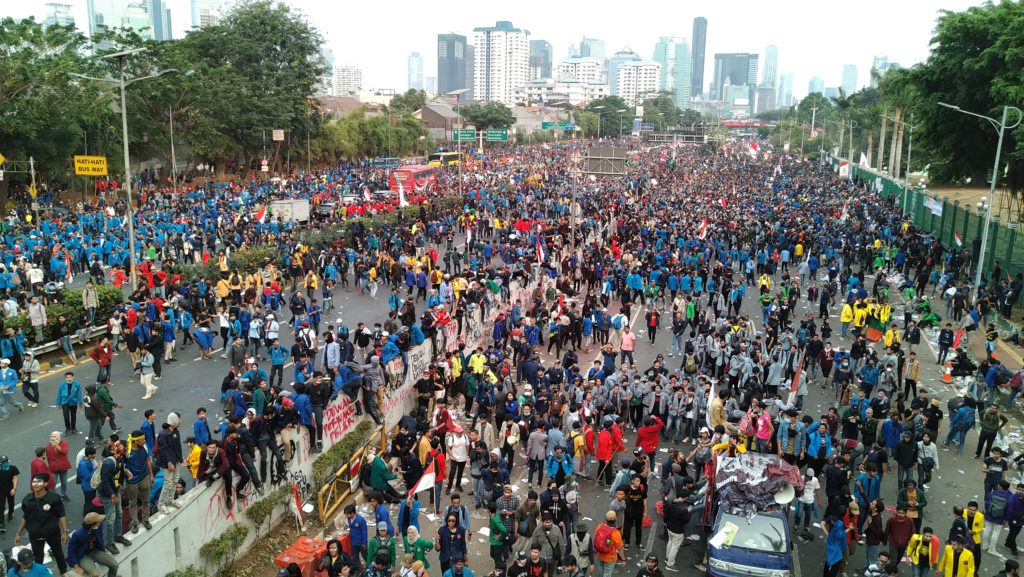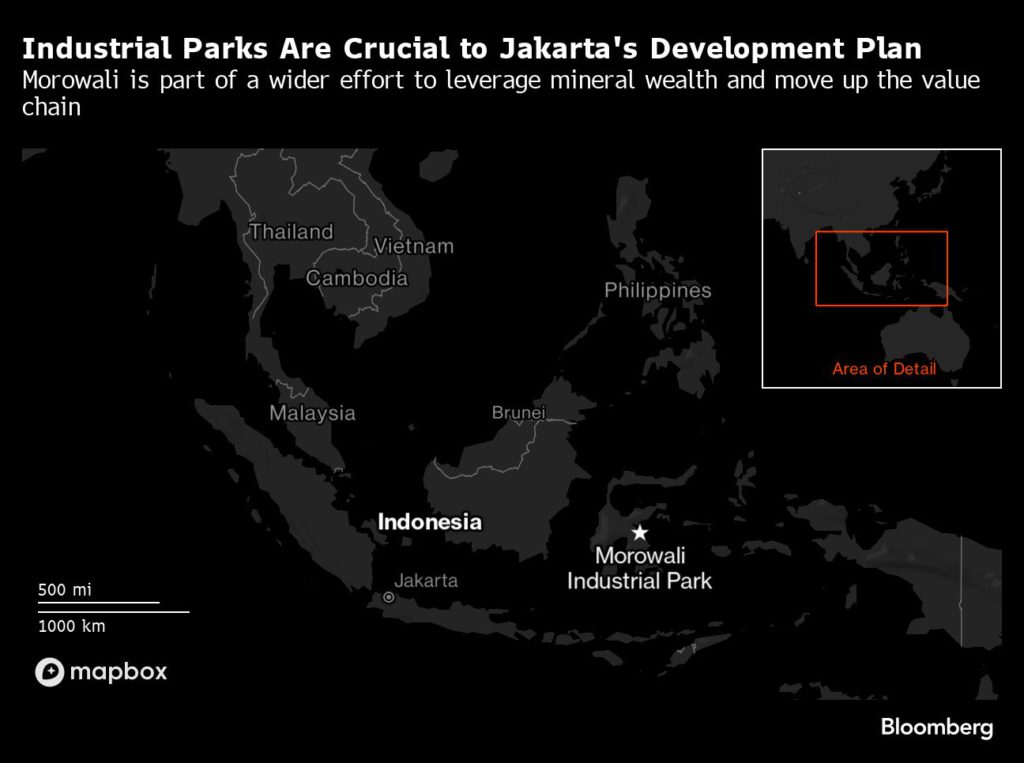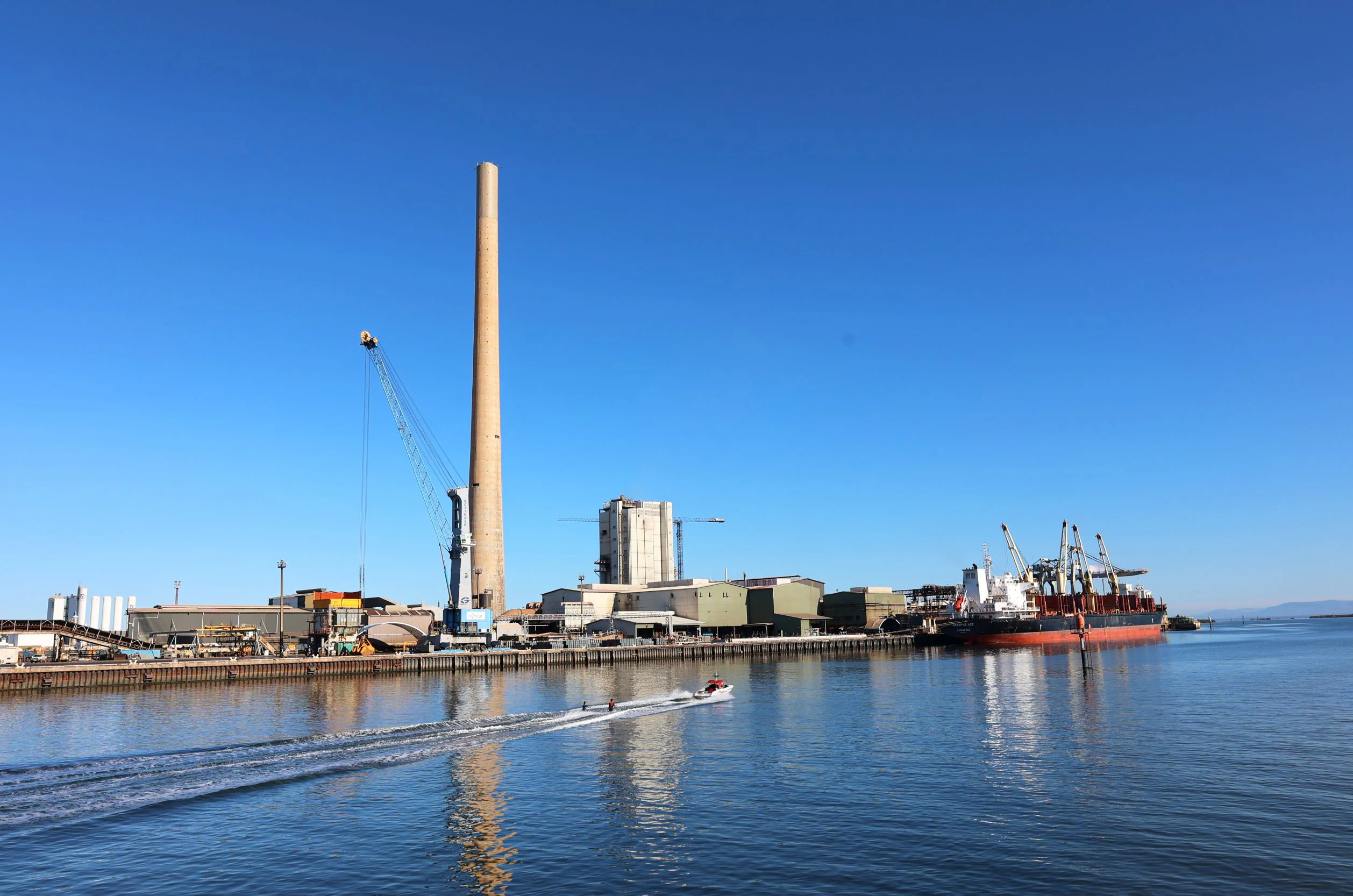Fatal blast in Indonesia puts battery metal ambitions in spotlight ahead of presidential vote

A deadly explosion at a Chinese-owned facility in Indonesia has highlighted the hidden costs of Jakarta’s ambitious bet on battery metal processing to accelerate industrial development, a signature policy of outgoing leader Joko Widodo.
The 21 fatalities at Tsingshan Holding Group’s plant at Morowali on the island of Sulawesi, just weeks ahead of a presidential election, have triggered worker protests, anger on social media, and calls for tighter regulation of a sector that has underpinned the president’s plan to shift Indonesia from ore exporter to electric vehicle hub. The disaster has also prompted the government to demand action from China to improve its smelting operations in the country.
The Southeast Asian nation has become a giant of the global battery material industry in the last decade, thanks to billions of dollars of Chinese investment and a surge in processing plants turning low-grade nickel ore into a key ingredient to power EVs. Seen as a stepping stone toward more sophisticated manufacturing, the policy has created jobs and export revenue, but last week’s tragedy is the worst yet in a series of accidents that have struck an industry expanding at breakneck speed.
“This issue could be a potential flashpoint in the presidential race,” said Bhima Yudhistira, executive director of the Center of Economics and Law Studies, a Jakarta-based think-tank. “It has been apparent that there’s a low level of safeguards when it comes to workers’ safety.”

Some 200 million Indonesians will vote for a new leader next month. The three campaigns still in the running have all backed the government’s policy on so-called downstreaming. But the Morowali disaster has thrown up criticisms of the price paid.
“We shouldn’t go crazy, going after investments when our own citizens become victims,” Mahfud MD, the running mate of former Central Java governor Ganjar Pranowo, told reporters on Dec. 27.
Erwin Aksa, vice chairman on the rival campaign for Defense Minister Prabowo Subianto that includes Jokowi’s eldest son as running mate, told local news outlet Tempo that domestic workers should be favored over foreigners and that firms should remove requirements around speaking Mandarin.
PT Indonesia Morowali Industrial Park, which manages the site where the blast took place, will continue to strive to improve health and safety at its operations, and will follow relevant policies in Indonesia and for the nickel sector, said Emilia Bassar, communications director at the park. It will implement recommendations from the police, the Ministry of Manpower, and other parties to improve standards and prevent such incidents in future, she said.
Senior managers at Tsingshan’s headquarters in China declined to comment.
The blast
Early in the morning of Dec. 24, residue from smelted ore leaked from a furnace at Tsingshan’s plant during maintenance and came into contact with highly flammable materials. An explosion and fire followed.
The facility — in a vast park covering over 3,000 hectares of what was a fishing town until a decade ago — has far more staff than comparable operations in China, resulting in more casualties, according to people familiar with a preliminary investigation, who declined to be named discussing sensitive matters. Language barriers between workers from China and Indonesia complicated their ability to handle the emergency, they said.
A spokesman for Central Sulawesi Regional Police, Djoko Wienartono, said the force had interviewed people at the scene and suspects there “was indeed a degree of negligence” that caused the accident. Its investigation is ongoing, he said.
In just the first nine months of 2023, the Makassar Legal Aid Institute recorded at least 16 deaths in accidents at nickel processing facilities in Indonesia. Another two workers died in January 2023 during a riot that broke out at a protest over pay and conditions at another smelter in Sulawesi.
The fear among labor groups is that any investigation into the Morowali blast will end up focusing on the actions of employees, rather than on wider management shortcomings or weakness in regulations.
“Punishments should not only apply to personnel but also to the company,” said Aulia Hakim, head of advocacy at Indonesian environmental monitoring group Walhi. “There needs to be a role for the central government in ensuring occupational safety and health standards, specifically for the nickel industry.”
Who cares
The concerns have implications well beyond the island of Sulawesi. Indonesia is courting investment from the likes of Tesla Inc. and China’s top carmaker BYD Co. at a time when the auto industry is increasingly focused on avoiding environmental, social and governance flaws in supply chains in response to investor concerns.
Nickel production in Indonesia has already drawn scrutiny because of its heavy reliance on coal-fired power, a major driver of global emissions, and over the disposal of toxic waste generated by processing low-grade ores.
Still, given Indonesia’s reliance on foreign investment, particularly from China, to accelerate development and create jobs, it’s unclear whether the Morowali incident will trigger lasting changes in the new government’s approach. Chinese investment surged to an annual $8.2 billion as of 2022, from just $800 million in 2014, the year Jokowi took office, according to official data. Indonesia has been a key destination for China’s Belt and Road Initiative.
“Contenders that raise the issue of improving the governance of downstreaming will get a spotlight from constituents,” said Dominique Nicky Fahrizal, political analyst at the Jakarta-based Centre for Strategic and International Studies. “But which constituents? Those that are aware about downstreaming and about the environment. Not everyone understands these issues.”
Tsingshan’s push
Tsingshan has spearheaded China’s push into Indonesian metals production as Jakarta moved to implement its ban on exports of nickel ore. In return for their investment and expertise, the companies have benefited from cheaper labor and abundant power supplies, and perhaps also less scrutiny on environmental and safety issues.
Indonesia for its part wants Beijing’s help in preventing another tragedy. Minister of Industry Agus Gumiwang Kartasasmita said he asked his Chinese counterpart to conduct an assessment to improve the governance of its smelter industry, according to news outlet Bisnis Indonesia.
While accidents and fatalities in the metals industry are not uncommon, they have become less frequent as the industry tightens standards, including in China after the government’s drive to improve worker and environmental safety in the past decade. There, the response usually involves widespread shutdowns, inspections and management overhauls.
By contrast, the people familiar with investigation said none of Tsingshan’s other operations at the Morowali park has shuttered in the aftermath of Dec. 24. The site is the world’s largest integrated stainless steel production base outside China, with 3 million tons of capacity.
Arnold Firdaus, the head of the Manpower and Transmigration office in Central Sulawesi province, said the Tsingshan unit that runs the Morowali facility, PT Indonesia Tsingshan Stainless Steel, hasn’t reported on health and safety in recent months.
“Supervision in the smelter industry, especially at ITSS, is not optimal,” he said. But the problems run deeper. His team are also hamstrung by a lack of personnel.
“We lack occupational safety and health experts,” he said. “We only have one fire expert, one electrician, one boiler expert, and two to three people as supervisors. There is no ideal standard, but we need at least 25 people.”
(By Eko Listiyorini, Chandra Asmara and Norman Harsono)
More News
{{ commodity.name }}
{{ post.title }}
{{ post.date }}




Comments